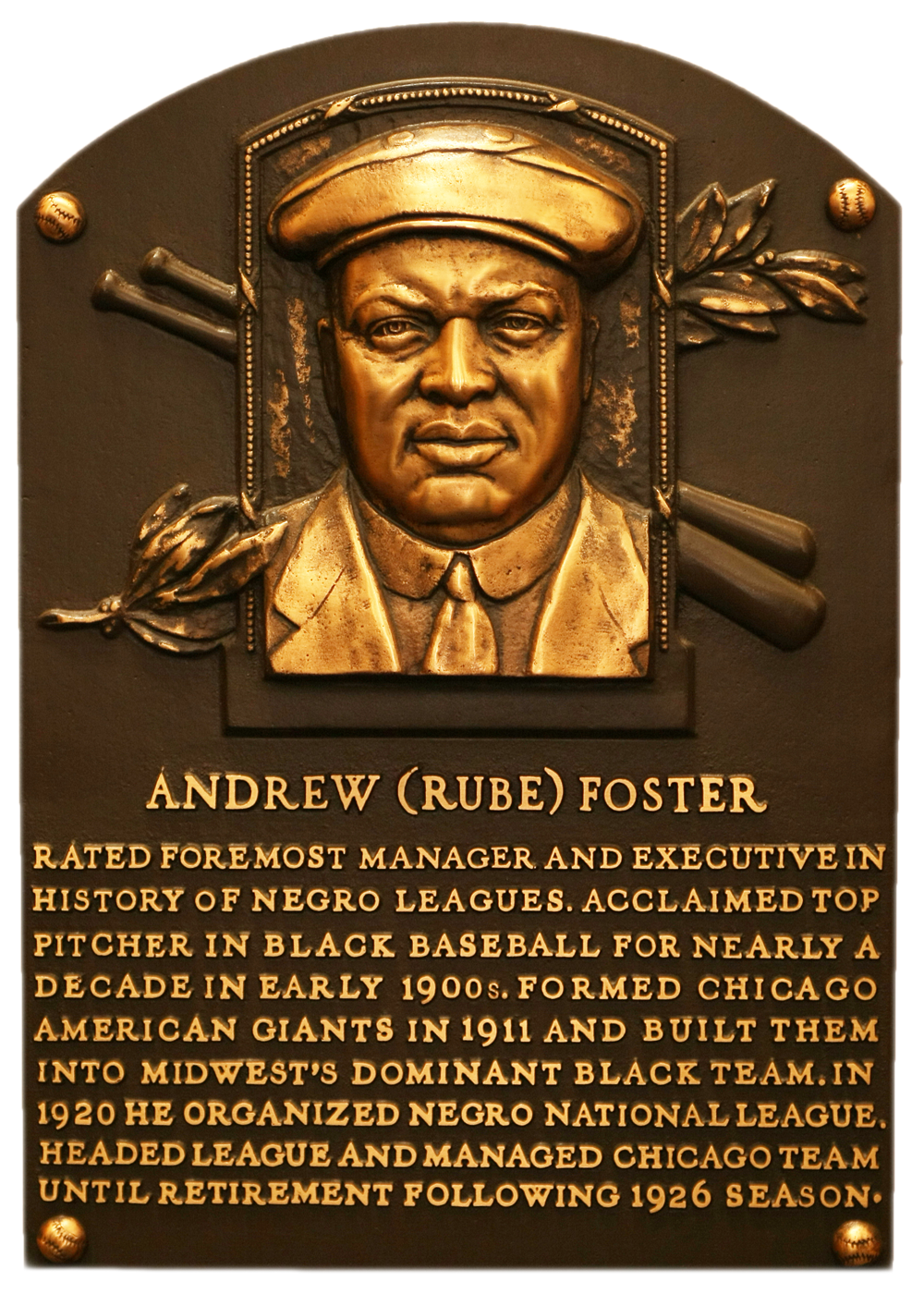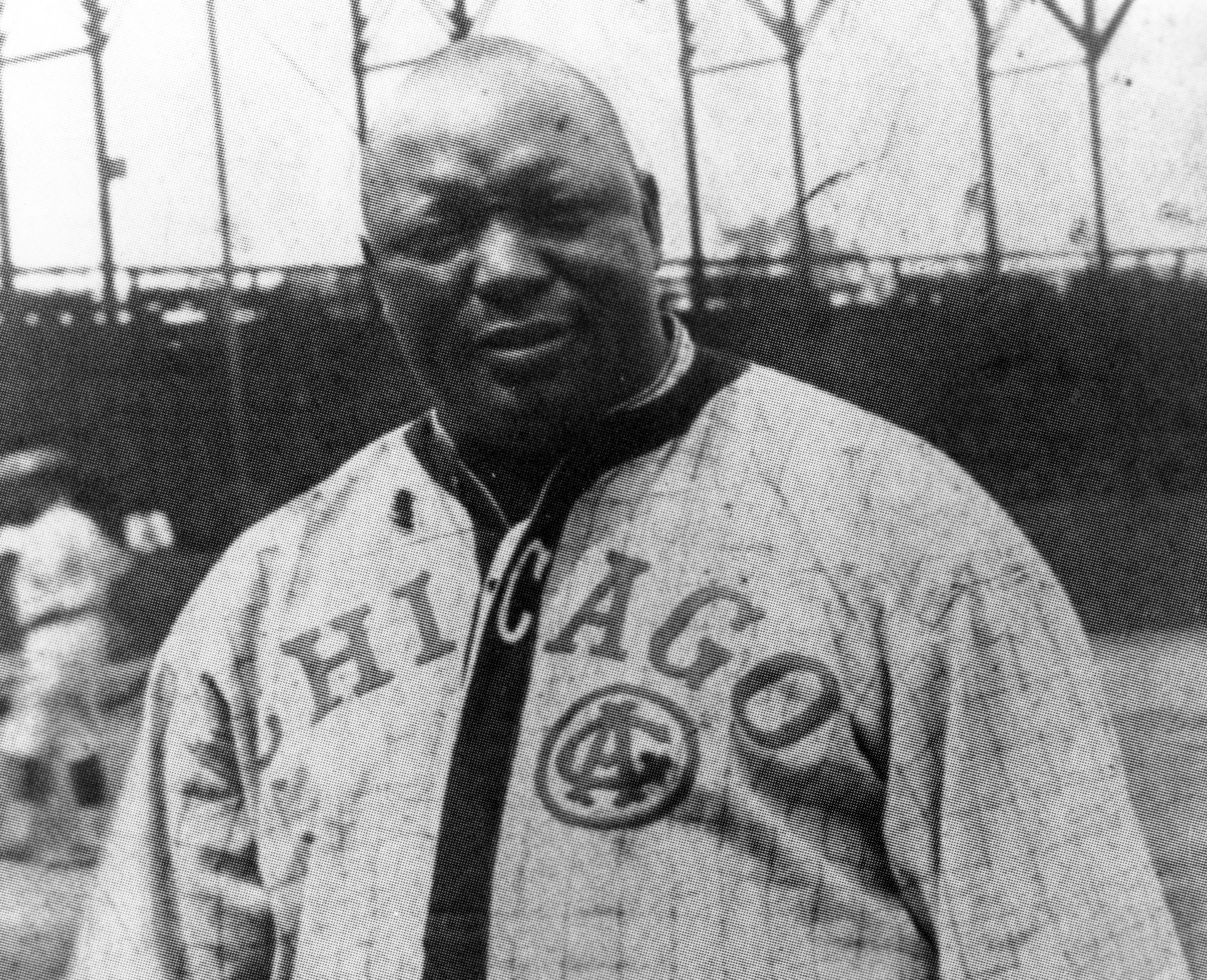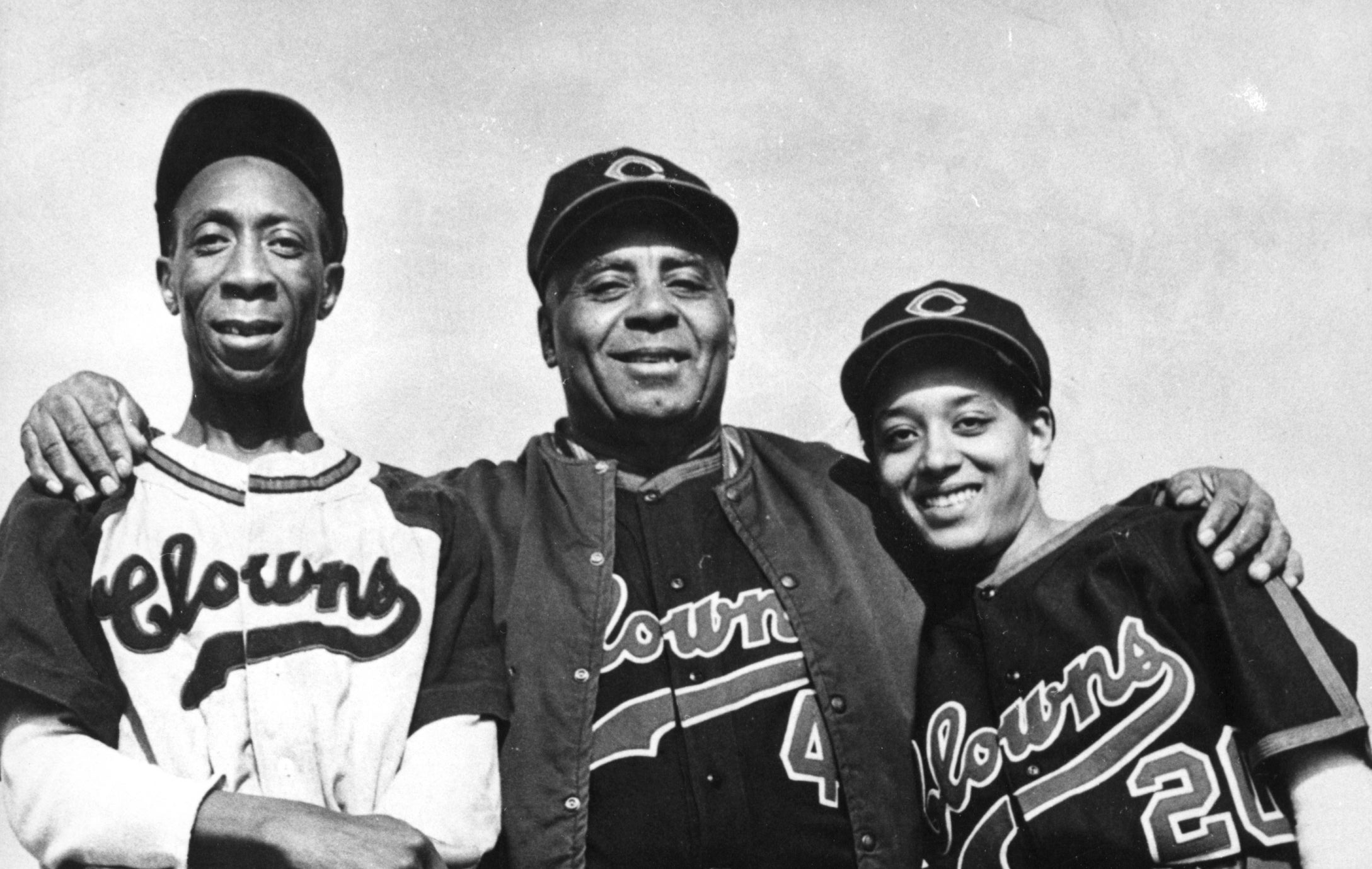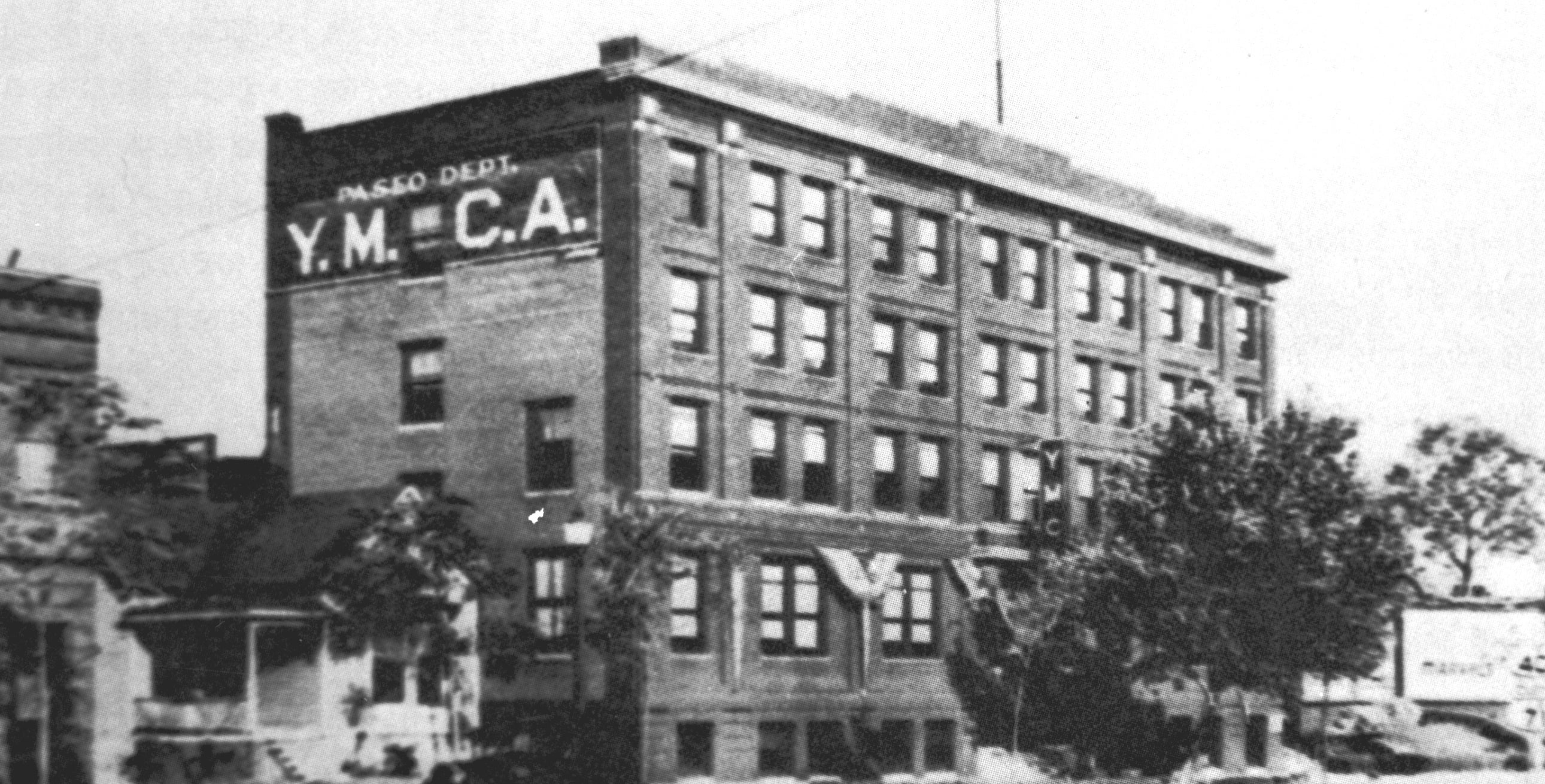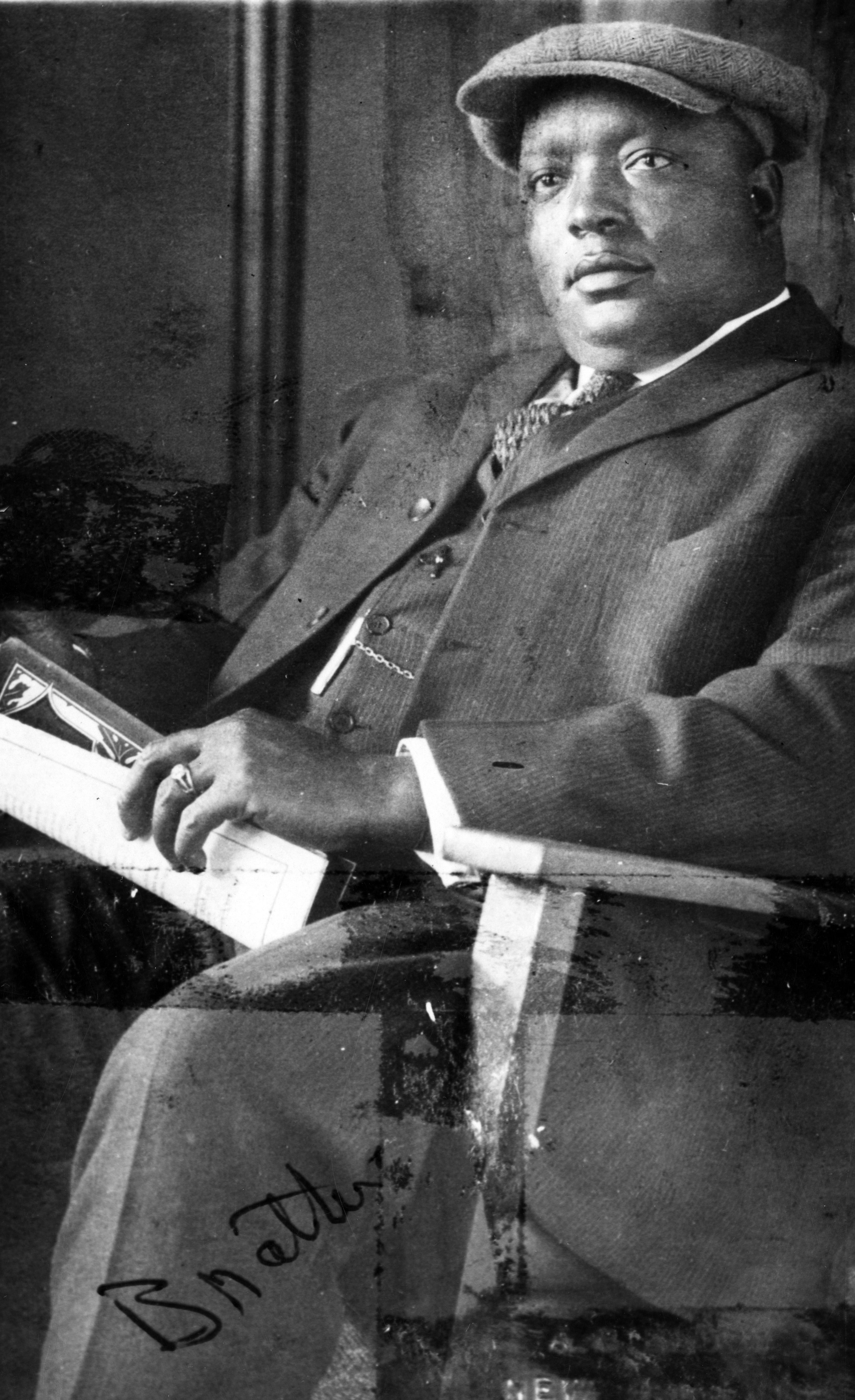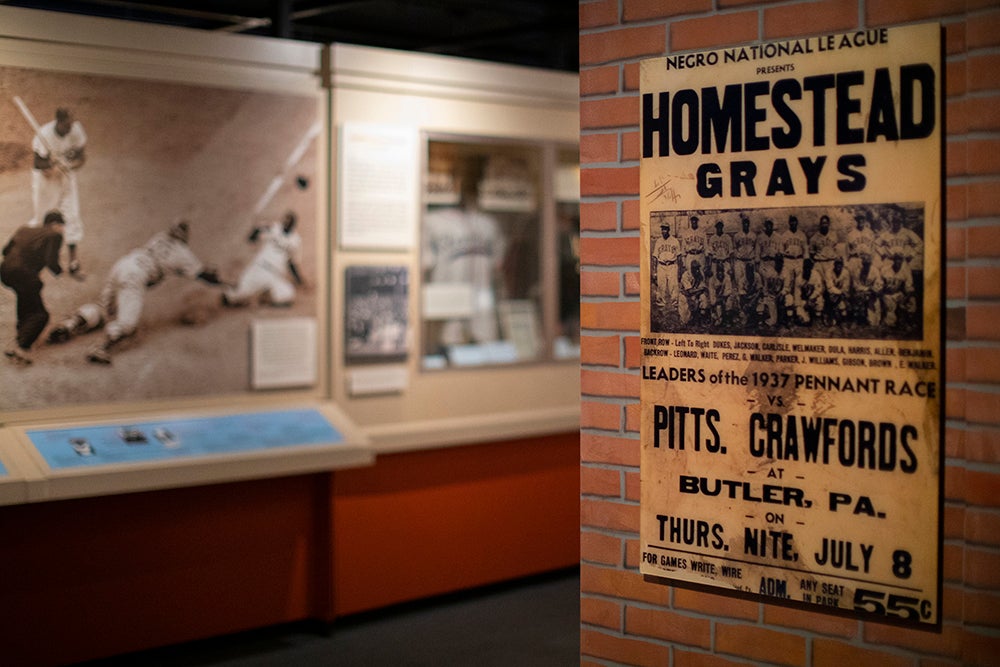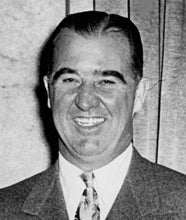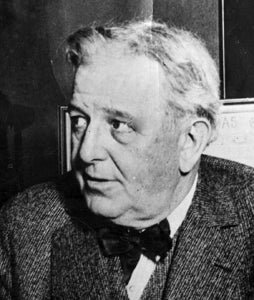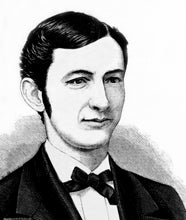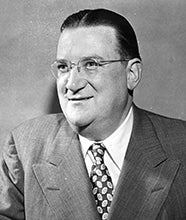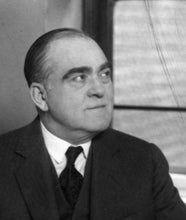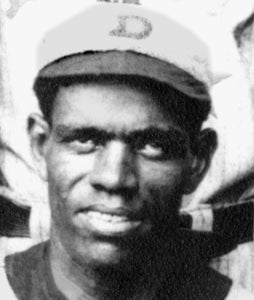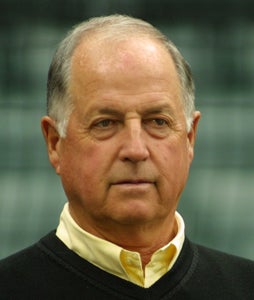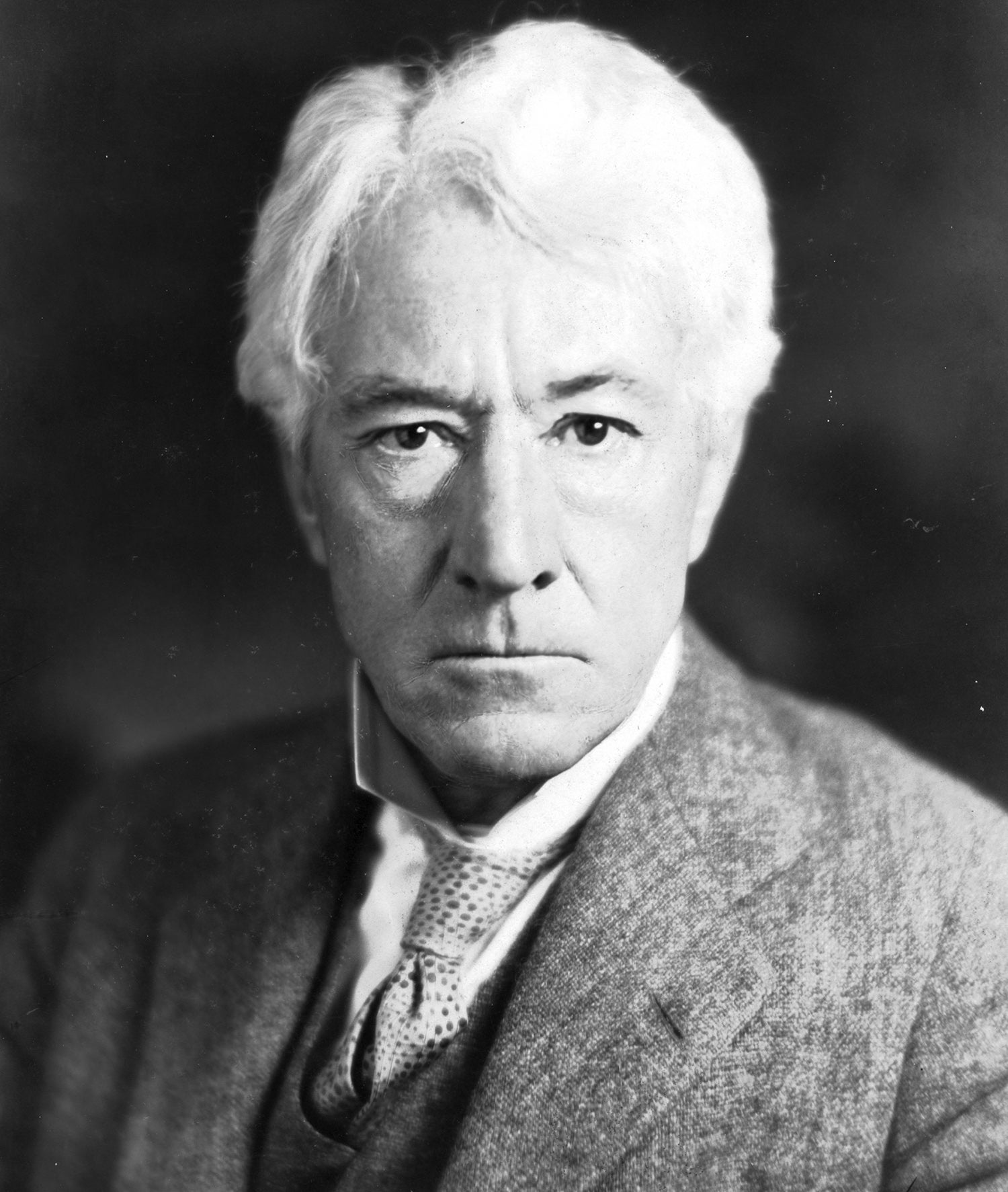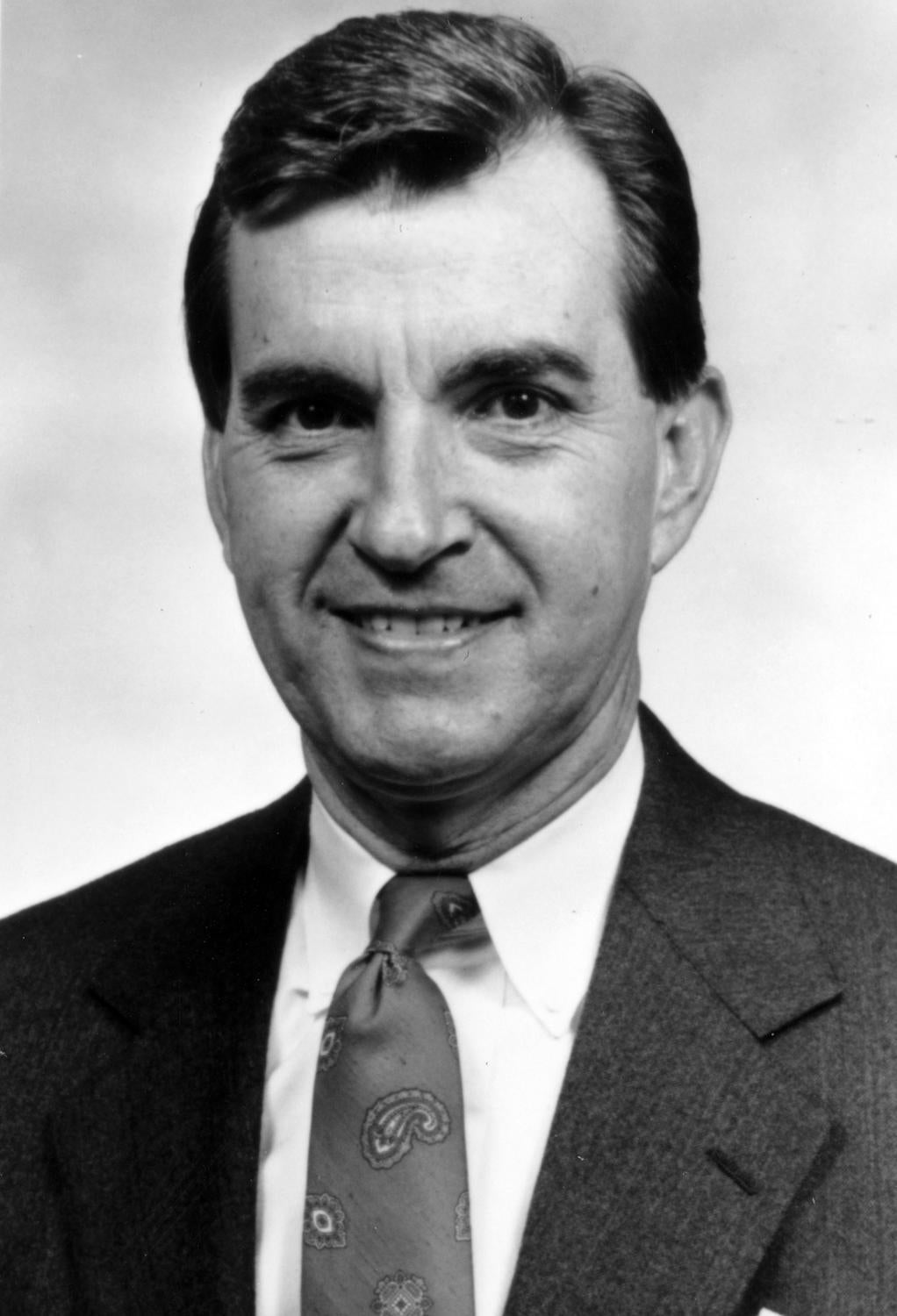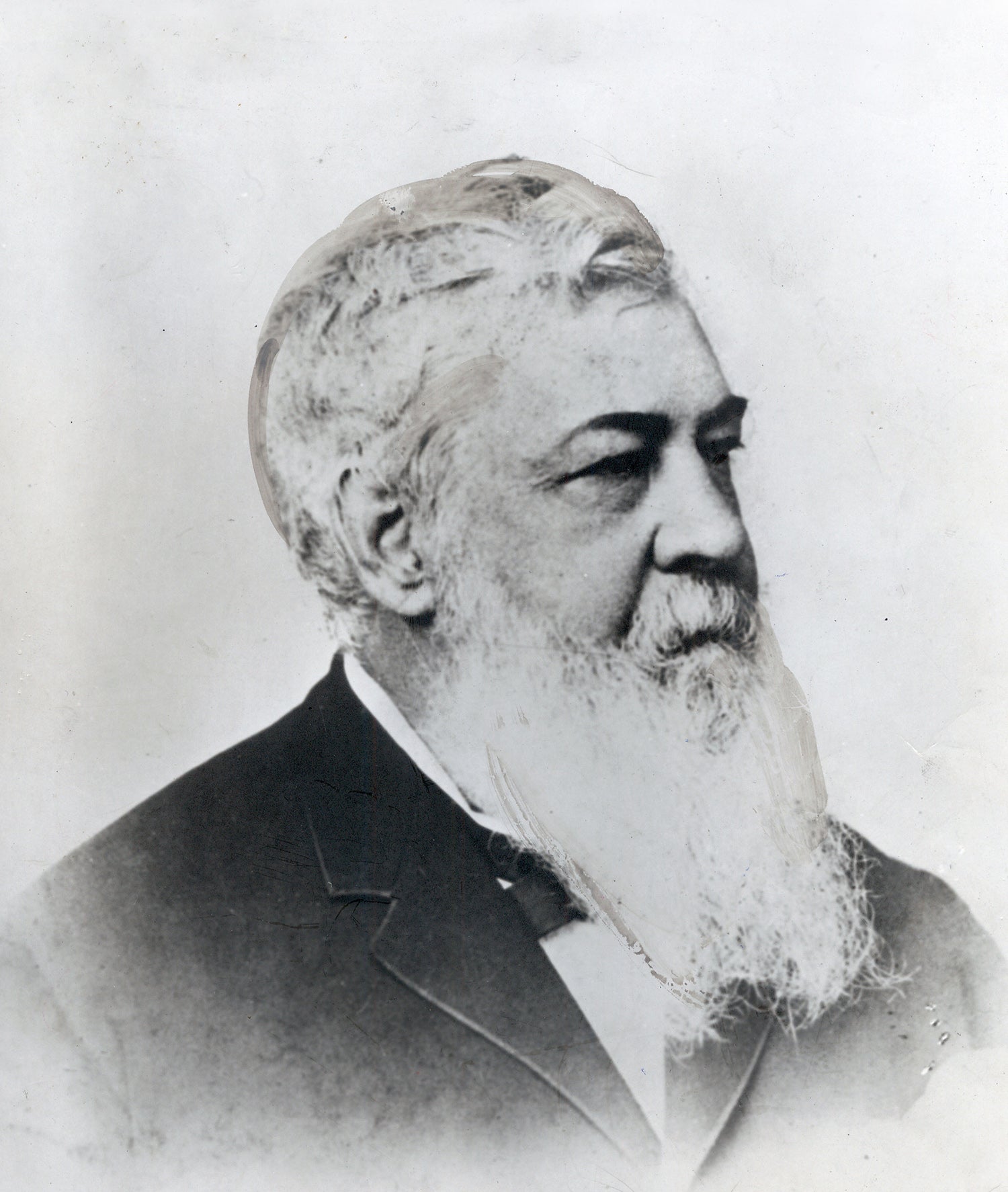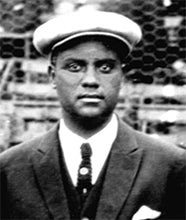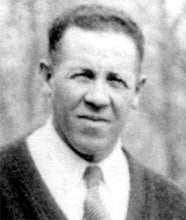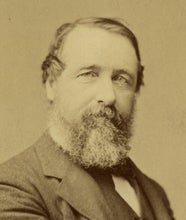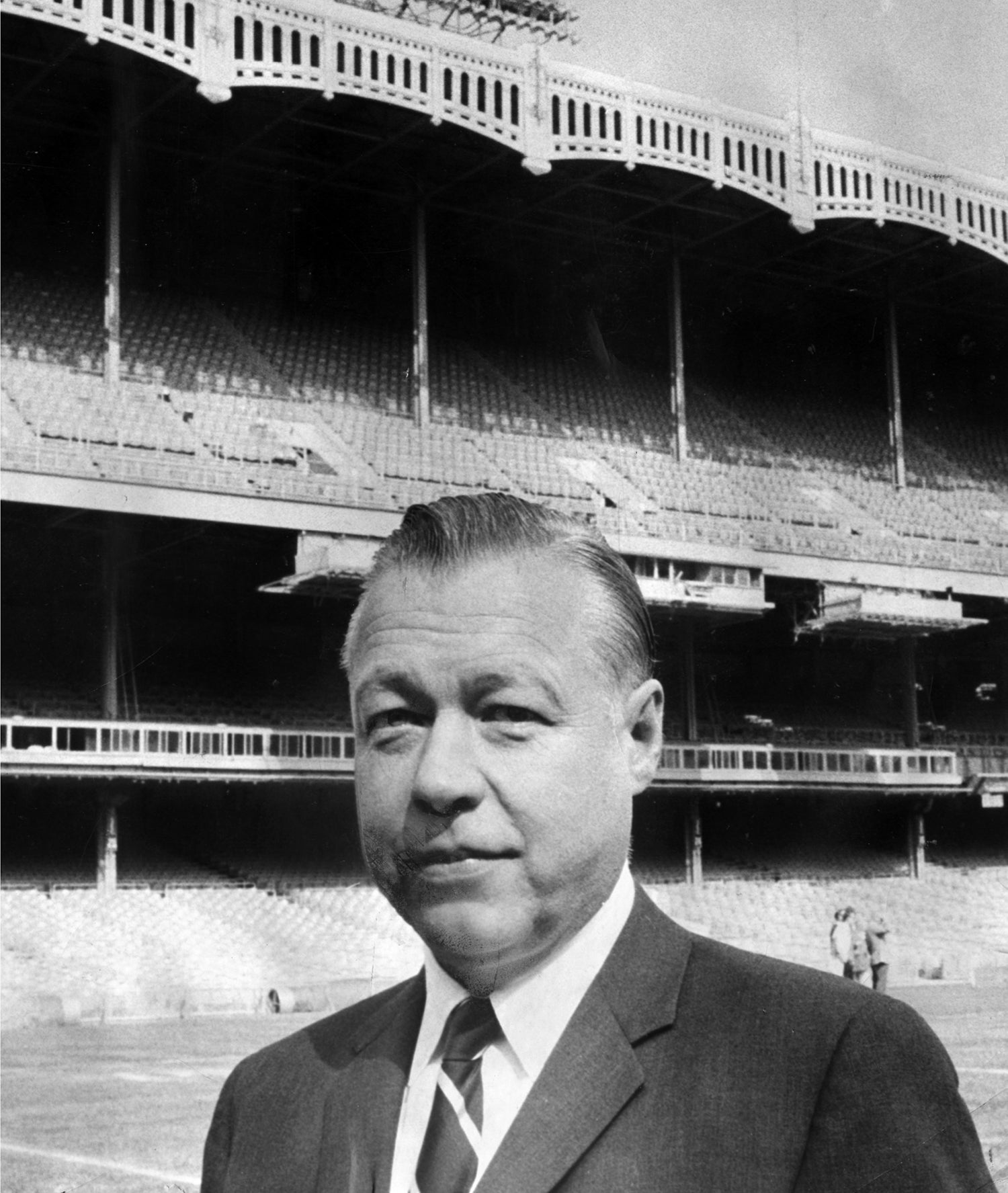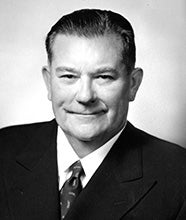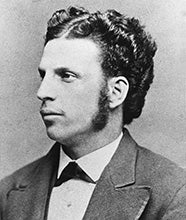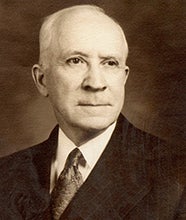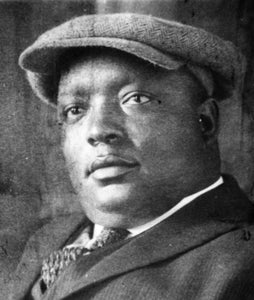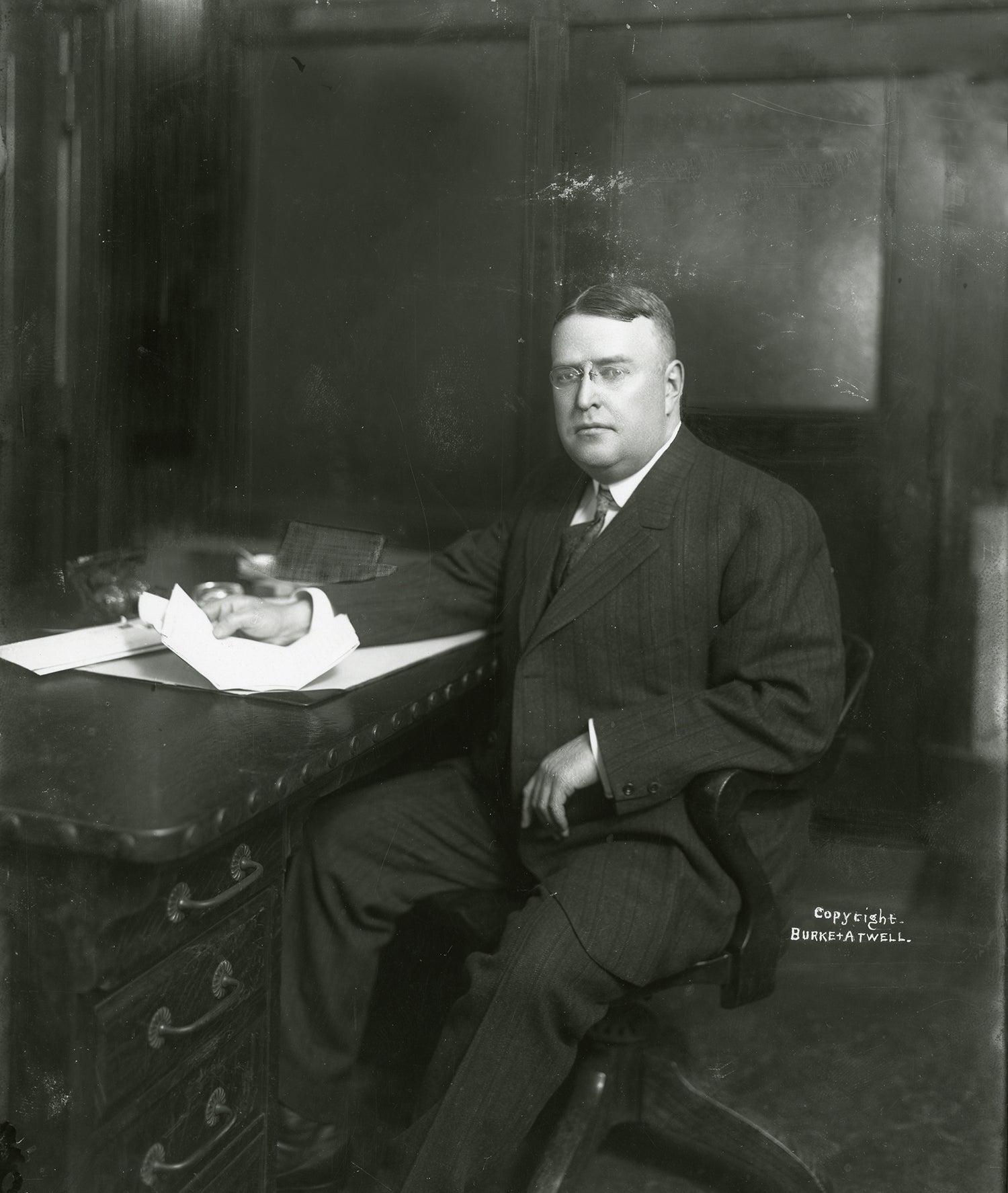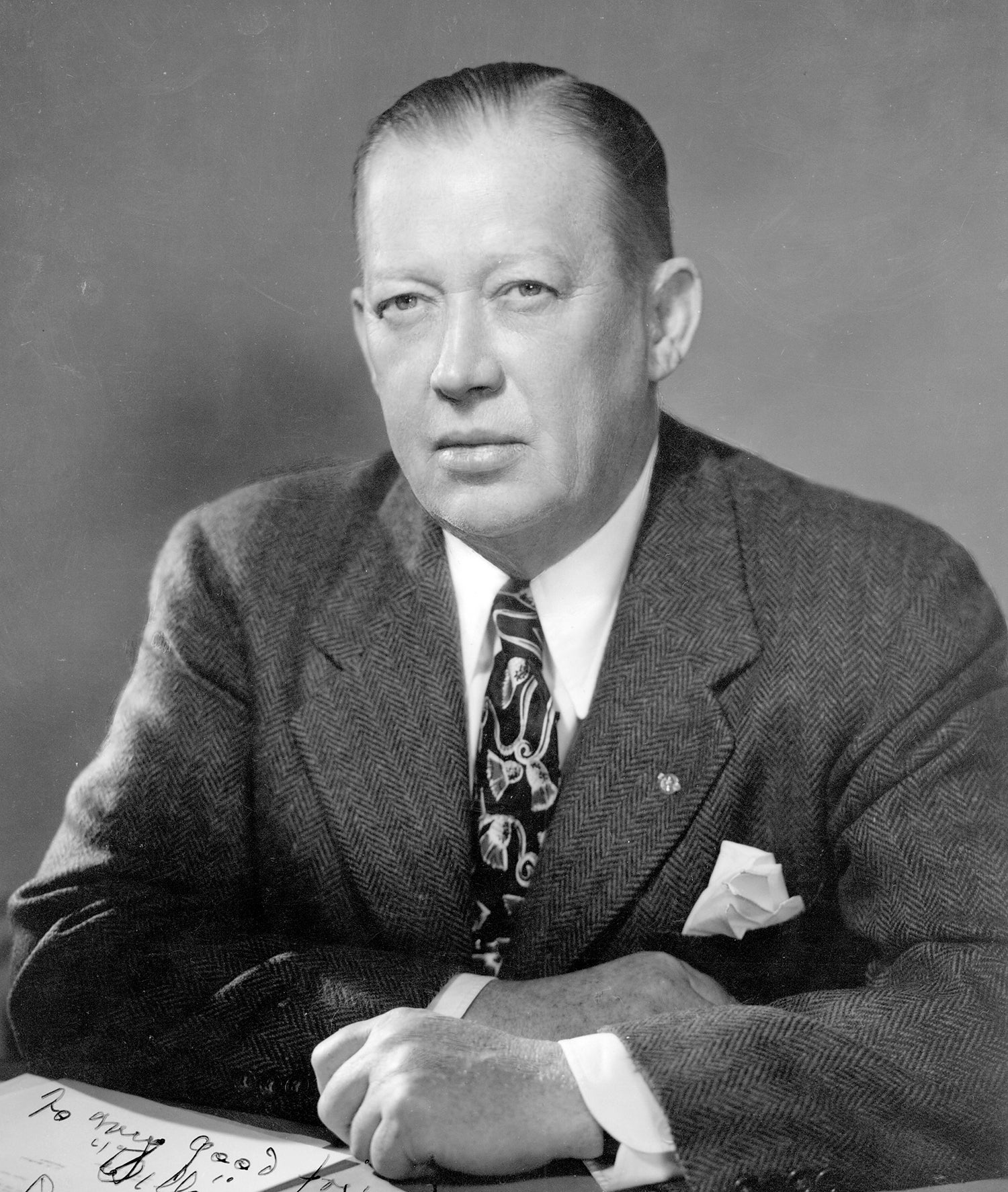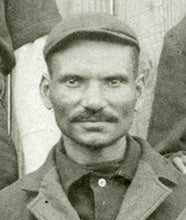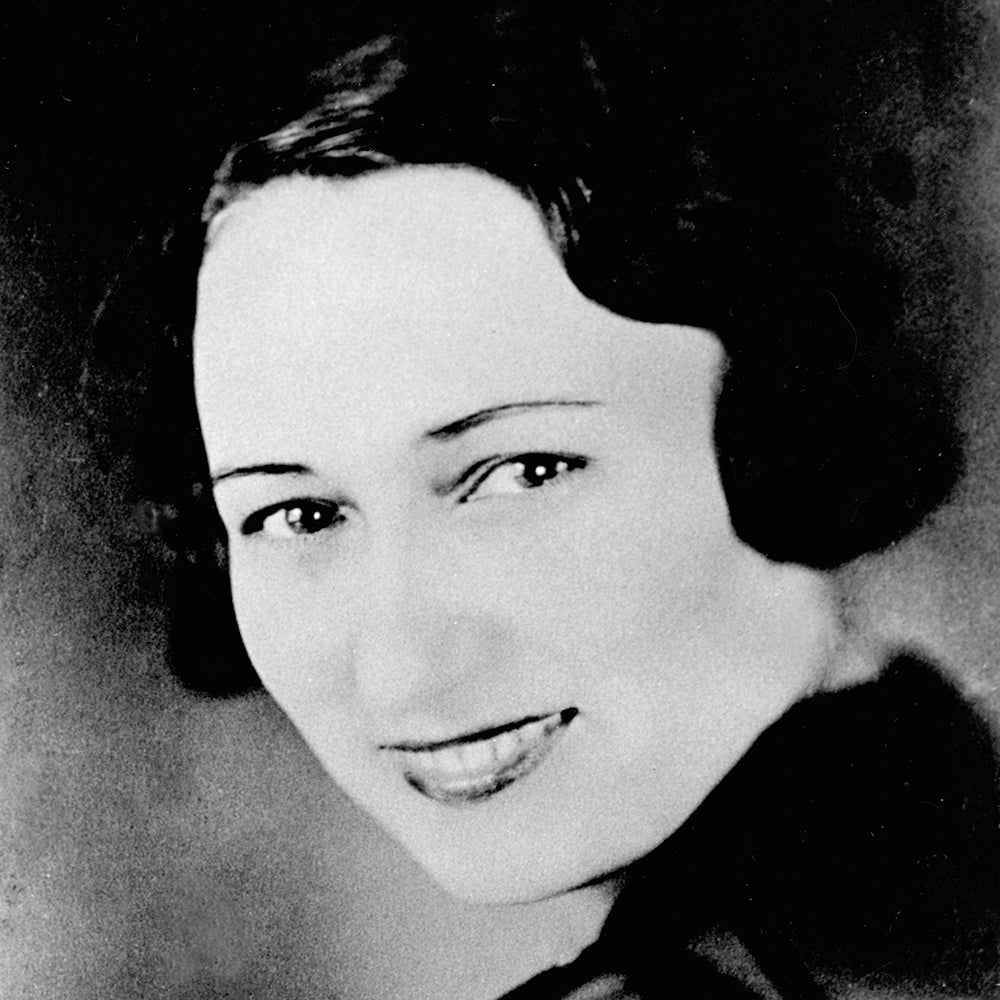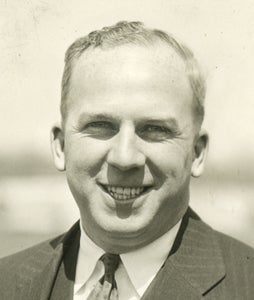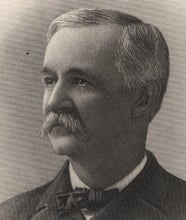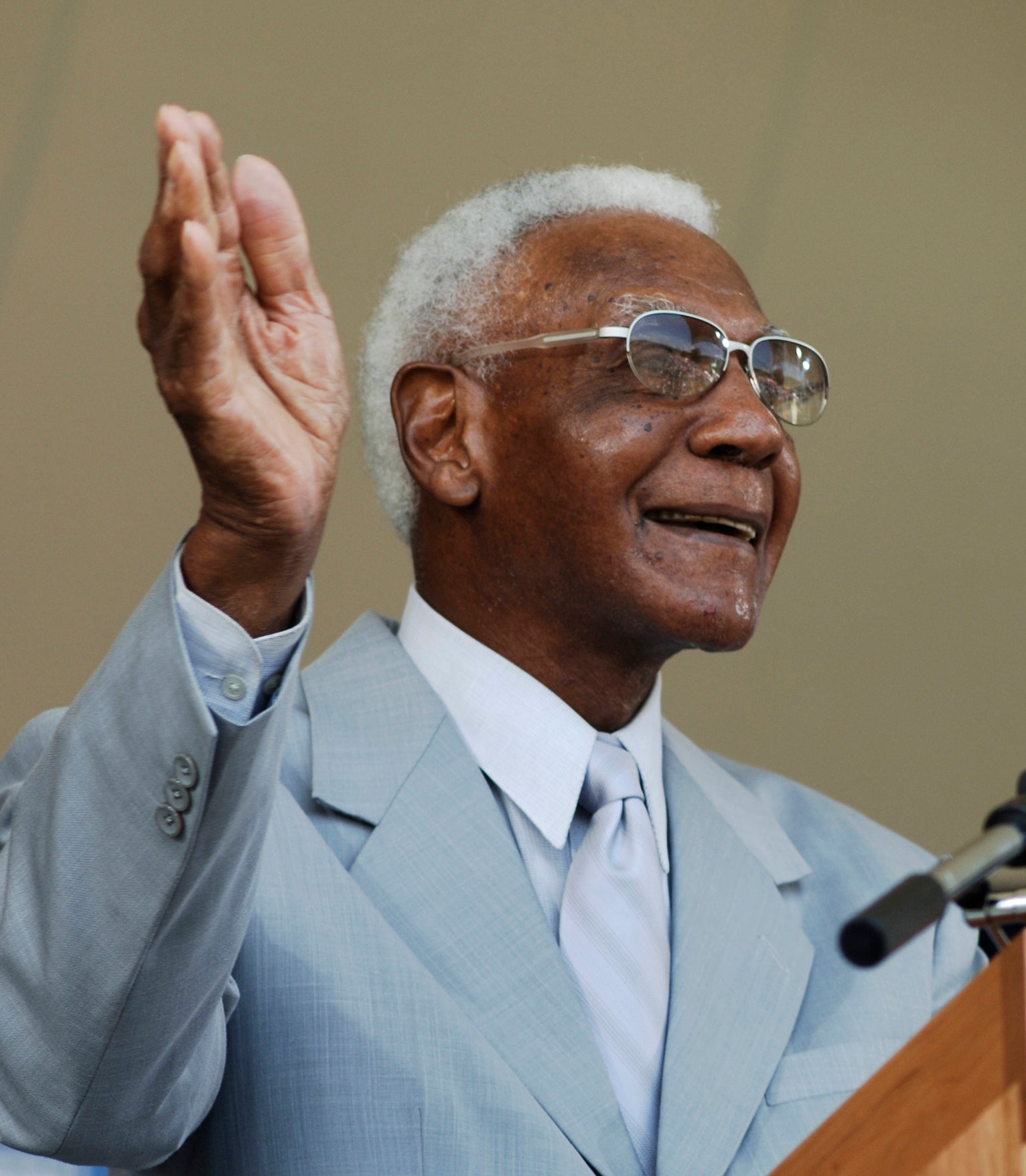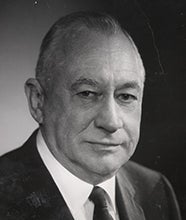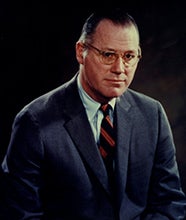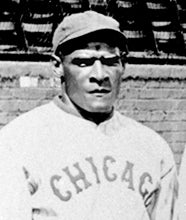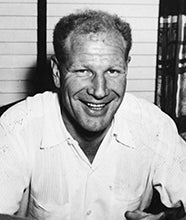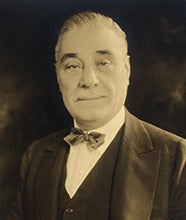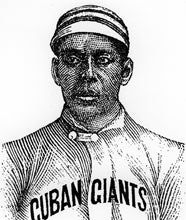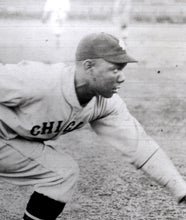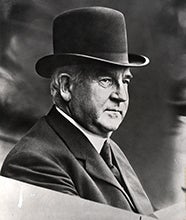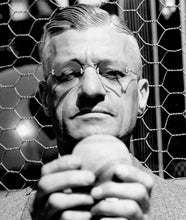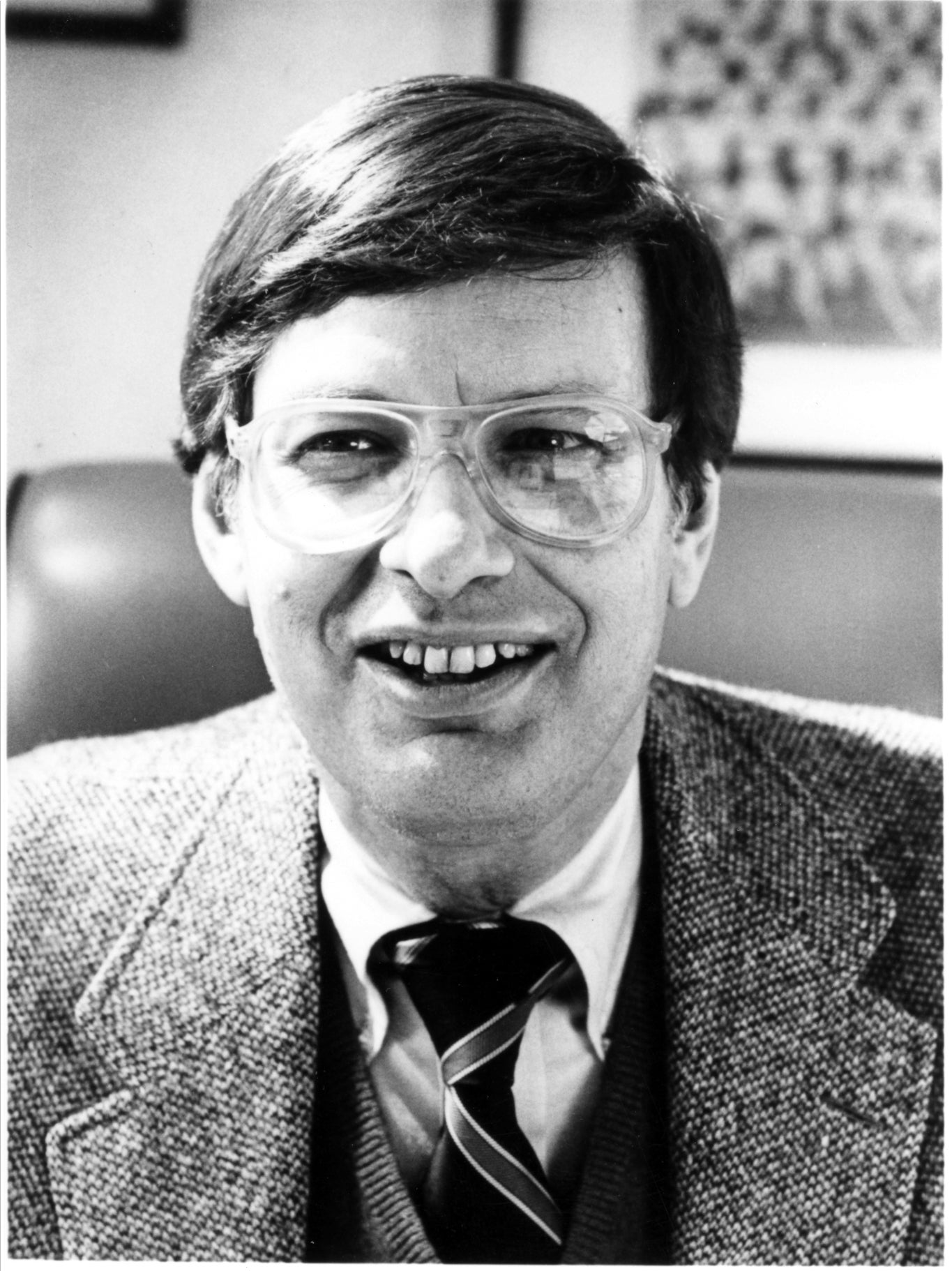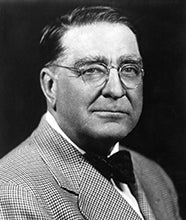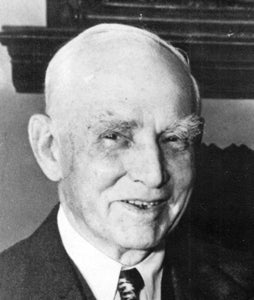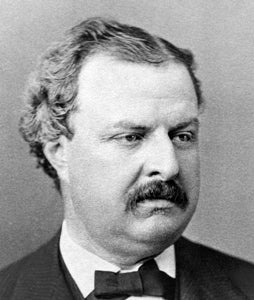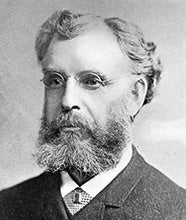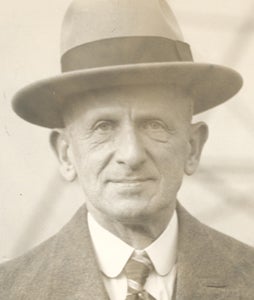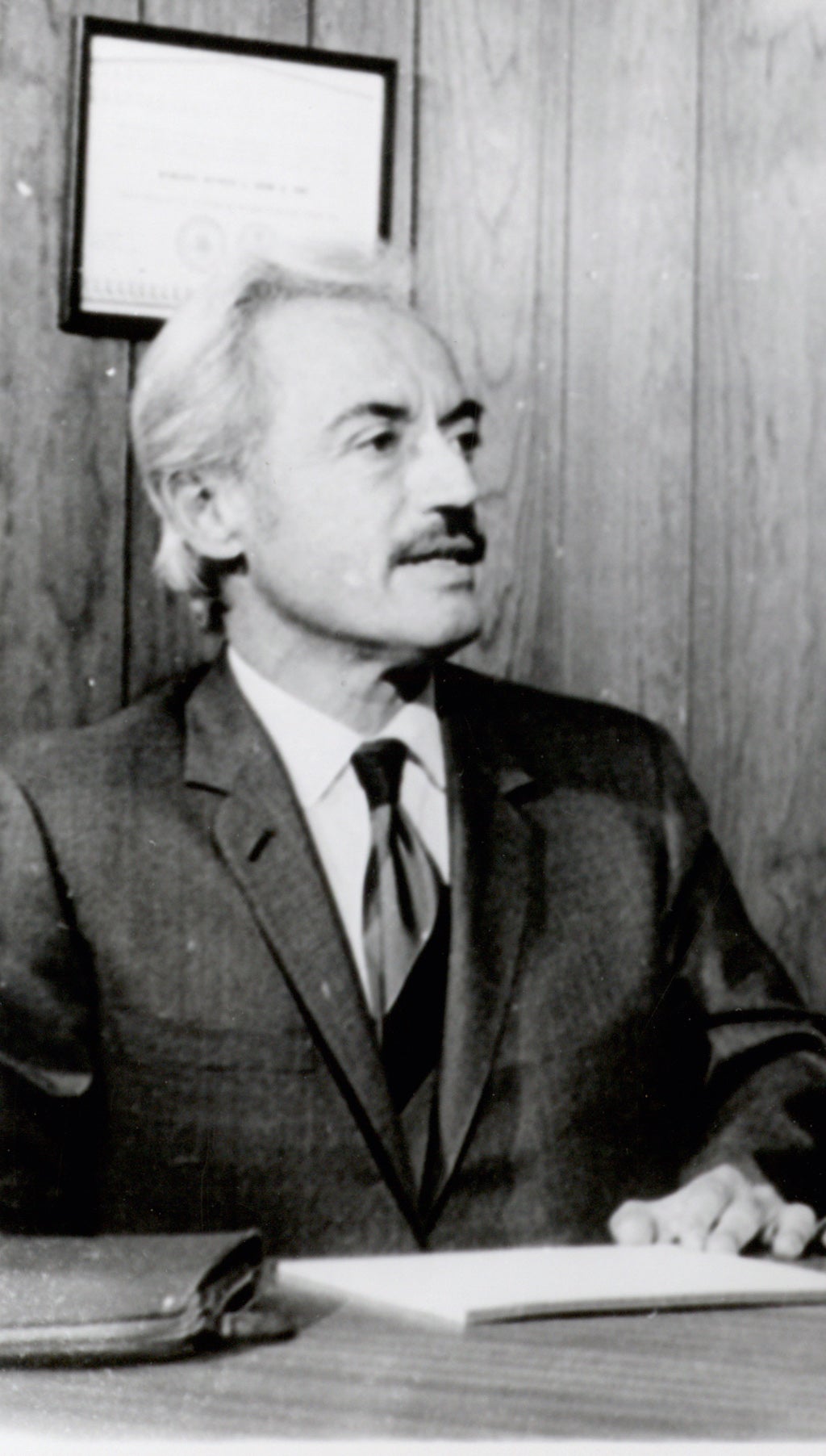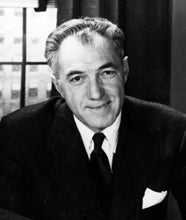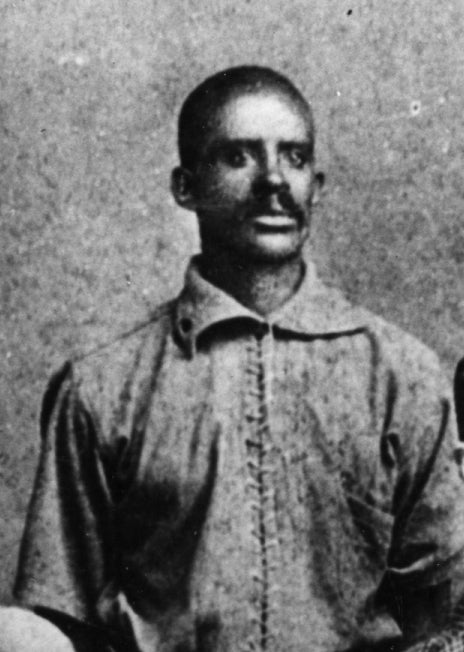Few men have dominant careers as baseball players. Even fewer have success as a manager.
But Rube Foster excelled on the diamond as a manager and as an executive, earning him the recognition as the “father of black baseball.”
Born on Sept. 17, 1879 in Calvert, Texas, Foster began his playing career pitching for the Fort Worth Yellow Jackets in 1897. By 1902, he was hurling for the Giants in Chicago, then jumped to the Otsego, Mich., semi-pro white team and before heading to the Philadelphia Cuban X Giants. That season he won 44 games in a row.
The X Giants beat the Philadelphia Giants for the 1903 “colored championship of the world” as Foster threw four of the five X Giants wins. The following season he joined the Philadelphia Giants and led them to the pennant, defeating his former team in the playoff.
“Do not worry. Try to appear jolly and unconcerned,” said Rube Foster about pitching out of jams. “I have smiled often with the bases full with two strikes and three balls on the batter. This seems to unnerve.”
The star pitcher thrived in the deadball era but had set his sights higher than just the mound. In 1911, he entered into a partnership with John Schorling, son-in-law of Charles Comiskey. Schorling had leased the old White Sox grounds and Foster provided the Chicago American Giants, a black team, to play there.
As an owner-manager, Foster instilled the daring, aggressive-yet-disciplined style of play for which the Negro Leagues became famous. He attracted star players but faced declining attendance.
In 1920, Foster set the wheels in motion to create the Negro National League, an association of black teams modeled after Major League Baseball. Foster was named president and treasurer. The first successful league for African-American players, the NNL flourished throughout the decade. Players’ salaries rose to an unprecedented level, teams traveled on Pullman coaches and players received regular bonuses.
Foster not only administered the league but continued to serve as manager and owner of the American Giants. A strict coach, Foster had high expectations for his team and they rewarded him by winning the first three pennants. In 1926, the grueling schedule got to Foster and he suffered a nervous breakdown.
Four years later, on Dec. 9, 1930, Foster passed away.
“When Rube Foster died, Negro baseball died with him,” said Joe Green, a fellow Negro Leagues player, manager and owner.
Foster was elected to the Baseball Hall of Fame in 1981.

